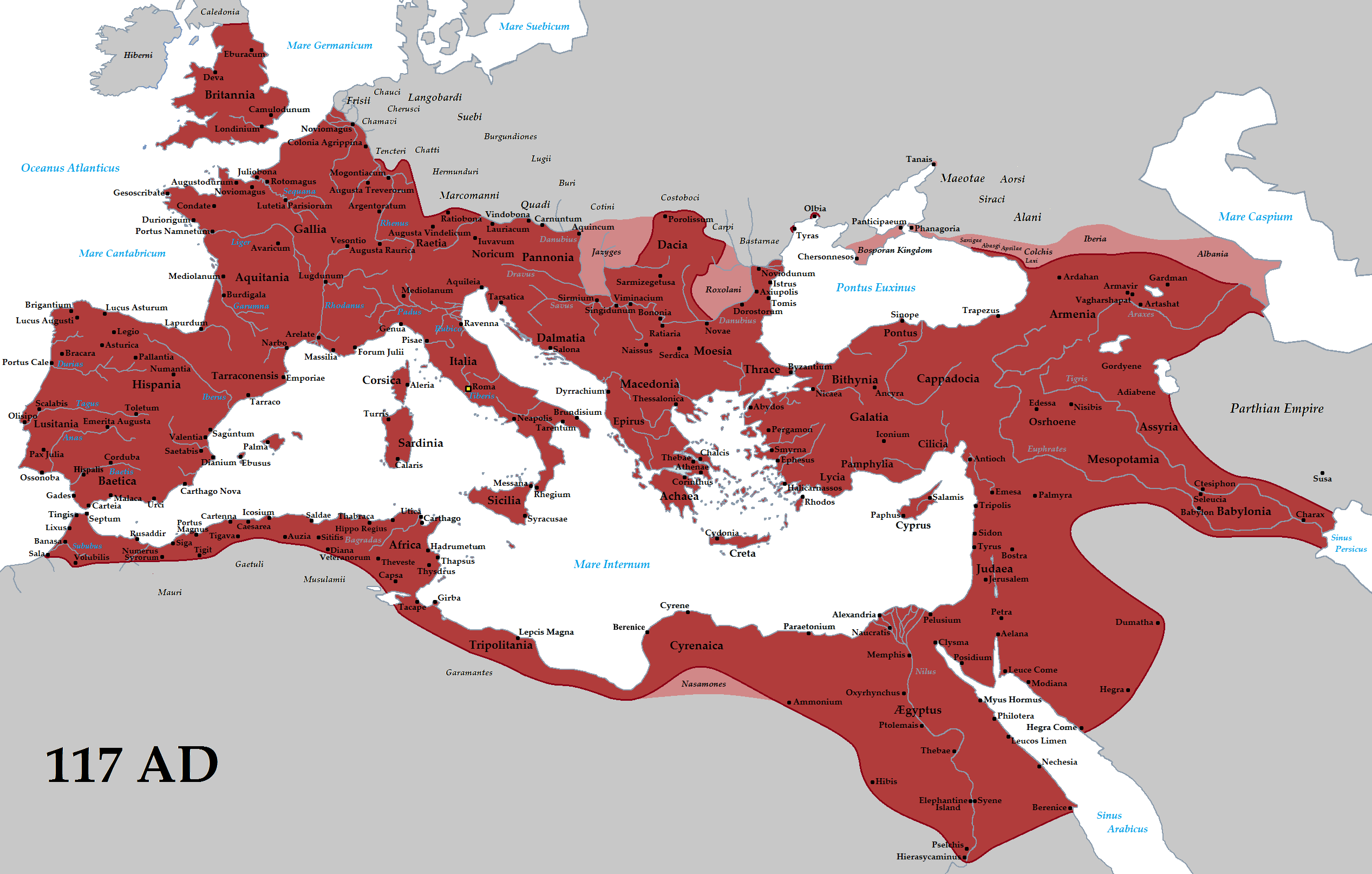By 1914 it was quite clear that many non-European peoples, including the colonies of exploitation, were beginning to reject claims of white supremacy. The concept of nationalism, new outside of Europe and the Americas, had continued to spread. In the early twentieth century it was most evident in Japan and, to some extent, China, Egypt, and India.
Egyptian, Indian, and Chinese patriots were primarily concerned with getting rid of their European imperial masters; their attitudes were those of oppressed nationalistic groups everywhere. In theory, nationality transcends the dividing lines of profession, social class, and even caste.
The fellah, the Egyptian peasant whose ancestry reached back more than fifty centuries, could claim to be as good an Egyptian as the aristocratic pasha. People began to talk and write of “Arab” nationalism, of a spirit of negritude that might unite black Africa, of Irish nationalism, of a separate canadienne identity, of a separate Afrikaans language and faith. Imperialism, which had once looked as though it might unite peoples, had by 1914 become another cause of nationalism.
Imperialist rivalries, especially after 1870, exacerbated the normal rivalries among the European great powers and were thus a major factor in the complex of causes that brought on the war in 1914. This is particularly true of the Anglo-German rivalry, which was manifested everywhere by 1900—by commercial travelers of both nations trying to sell machinery in South America; by missionaries in Africa; by army and naval officers, editors, labor organizers, all seeking to make either German or British influence prevail.
Was imperialism harmful? All forms of imperialism—while often bringing stability, sanitation, education, and improved communications to an area—forced people to change at a pace set by someone else. All imperialisms, including those directed toward the ultimate independence of a colony, implied that only the superior power could name the stages through which the inferior must pass and the degree and speed of that passing. The most pervasive legacy of imperialism was the pernicious assumption that “superior” nations had the unquestionable right to judge the progress of “inferior” nations.
Imperialism was surely harmful in creating two special classes within colonial and post-colonial societies. The first were the products of racial intermixture— called half-breeds in the United States, metis in Canada, lancados in Portuguese colonies, mestizos in Spanish, and Eurasian throughout Asia. Such people often found that they were accepted by neither society from which they sprang.
A second halfway group created by imperialism were those now referred to as collaborators—members of the indigenous culture who felt that the future lay with Europe and the colonial power. While some cooperated with the imperial powers for purely personal gain, others collaborated because they shared the European conviction that the values Europe brought to their society outweighed the disadvantages. Some saw the Europeans as peacemakers, since they often had the power to enforce peace where local chiefs could not; others chose to work with the conquerors because they were impressed by European forms of representative government.
Although Western influence was extensive at the surface, in many areas it did not touch the village level, and African, and Asian societies remained essentially unchanged at the bottom. But the intellectual and political elites were transmuted in fundamental ways, and even those who did not accept Western culture had to battle against it on Western terms.
Military, technological, political, and intellectual patterns throughout the world were Westernized. Non-Western peoples faced crises of identity in Asia and Africa. That essentially European concept, the nation-state, and the rampant nationalism of the twentieth century became a basic heritage of the imperialism of the nineteenth. In this sense the Western impact on traditional societies was so great as to constitute an imperial revolution no less pervasive than the scientific, industrial, or commercial revolutions.

